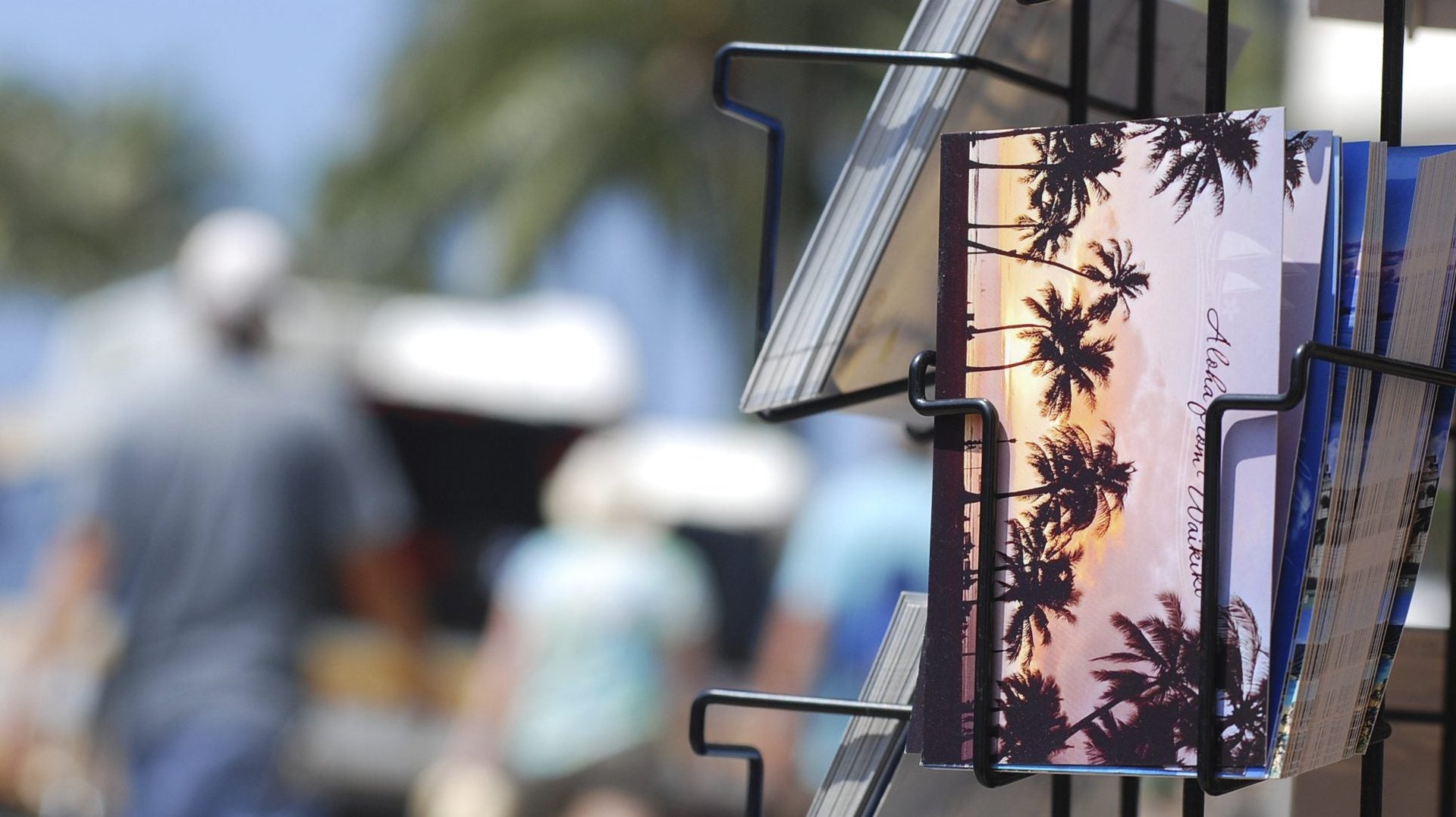A US federal judge has temporarily frozen Trump’s travel ban—again
Derrick Watson, a judge for the US District Court for the District of Hawaii, issued a temporary restraining order on March 15 barring the Trump administration from blocking the US entry of travelers from six majority-Muslim countries.


Derrick Watson, a judge for the US District Court for the District of Hawaii, issued a temporary restraining order on March 15 barring the Trump administration from blocking the US entry of travelers from six majority-Muslim countries.
Watson’s order, which applies nationwide, hit just a few hours before the planned implementation of Trump’s second executive order instituting a travel ban targeting citizens of a number of middle eastern and north African countries.
President Donald Trump, who was speaking at a rally in Nashville, Tennessee, vowed to fight the “terrible ruling” all the way to the Supreme Court if necessary.
The initial travel ban, released on Jan. 27, indefinitely blocked citizens from Syria from entering the US, and barred the entry of citizens of six other countries—Iraq, Syria, Iran, Sudan, Somalia and Yemen—for 90 days. The rollout of that initial executive order was chaotic, prompting huge protests at airports. It was then temporarily suspended by a federal court in Seattle on Feb. 3—a decision later backed by the Ninth Circuit Court of Appeals.
Rather than defend that first order, Trump’s administration decided to issue a new one that addressed the concerns raised by the courts. It cut Iraq from the list of countries, and no longer applies to permanent residents and visa holders. It also dropped language explicitly referring to Muslims.
Nevertheless, Trump’s second iteration of his travel ban appears to have still rankled the courts.
Watson’s grounds for halting Trump’s second order are similar to those of the previous rulings. In a 40-page ruling, he writes that the government did not make a convincing case that the executive order does not discriminate against Muslims. Government lawyers had argued the policies were not religiously motivated because they only applied to a small number of countries—in other words, because it did not include all countries with a large Muslim population, it was not targeting Muslims.
“The illogic of the Government’s contentions is palpable,” Watson writes. “The notion that one can demonstrate animus toward any group of people only by targeting all of them at once is fundamentally flawed.”
Watson’s restraining order applies to two key sections of Trump’s order: One bars citizens from the six countries from entering the US for 90 days; the other suspends refugee admissions for 120 days.
Hawaii’s attorney general had asked Watson to halt the executive order on the grounds that it violates the right to freedom of religion under the US constitution. The state also argued that its implementation would harm tourism and the state’s university system by impacting its foreign students and faculty.
Watson’s decision Wednesday is not a final determination on the merit of those arguments, but it indicates he thinks Hawaii is likely to succeed when those arguments are eventually considered. The judge also argued that “irreparable injury” was likely if he didn’t prevent the implementation of the order.
The US Department of Justice did not immediately respond to Quartz’s request for comment.
US airports should remain protest-free, for now.